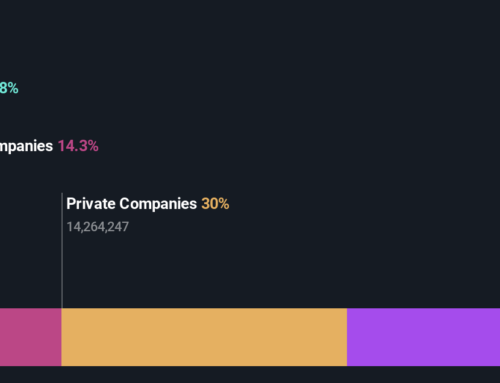Meta Concludes Defense in FTC Trial Over Instagram, WhatsApp Acquisitions
May 25, 2025

In the final days of a high-stakes antitrust trial, Meta Platforms Inc. rested its defense, urging a federal judge to consider a different vision of the social media landscape — one where Instagram and WhatsApp may have floundered, not flourished, without Meta’s backing.
For five weeks, the Federal Trade Commission laid out its case against Meta, portraying the tech giant’s acquisitions of Instagram and WhatsApp as anti-competitive moves that stifled innovation and consumer choice. But in the trial’s final week, Meta pushed back, asserting that its stewardship enhanced both platforms, possibly elevating them to heights they could not have reached independently, according to The Verge.
Meta’s legal team concluded its case after just four days in court, having already questioned many witnesses earlier in the trial when they were called by the FTC. Among its final witnesses were WhatsApp cofounder Brian Acton and an early Instagram infrastructure leader, who testified that Meta provided critical resources and technical expertise that allowed the apps to scale — contrasting earlier testimony from Instagram cofounder Kevin Systrom. Systrom had claimed Meta withheld tools that could have helped Instagram evolve more safely and robustly.
Meta’s core argument hinges on the notion that these apps did not serve to limit Meta’s power — as the FTC contends — but rather could have remained stagnant or less impactful without Meta’s involvement. In essence, the company says its ownership did not suppress competition but instead drove innovation and broader access.
A major point of contention during the trial was whether entertainment-focused platforms like TikTok and YouTube should be considered part of the same market as Meta’s core services. The FTC maintains that apps like Instagram and Facebook operate within a “personal social networking” market focused on users’ connections with friends and family, excluding platforms like TikTok from that category. But Meta insists that such distinctions are artificial, arguing instead that competition in the digital space revolves around capturing user attention and advertising dollars — not just specific use cases. Per The Verge, Meta leaned on economic experts to emphasize TikTok’s meteoric rise as evidence of real and growing competition.
Related: WhatsApp Co-Founder Undermines Antitrust Allegations Against Meta in Court Testimony
Judge James Boasberg, who is presiding over the case, has acknowledged the complexity of this debate. In a previous ruling, he expressed skepticism about Meta’s broad framing of competition, noting that if taken to its logical conclusion, it would require courts to consider “watching a movie at a friend’s house, reading a book at the library, and playing online poker” as competitive threats under antitrust law.
However, Boasberg also voiced concerns about the FTC’s position, saying its argument at times pushes the boundaries of established antitrust precedent. During the trial, he appeared to take seriously testimony from Meta’s Chief Marketing Officer Alex Schultz, who pointed out that Meta’s slower user growth in the U.S. reflects market saturation — not a lack of competition. With roughly 250 million eligible American users already onboarded, Schultz argued, the real battle is over time spent in-app, not just user count.
This view prompted the judge to press the FTC’s lead economic expert, Scott Hemphill, on whether Instagram could reasonably grow any further in the U.S. Hemphill conceded the platform’s scale but suggested the issue is not just size — it’s whether Meta’s control over such platforms harmed consumers by weakening overall market quality and innovation.
As the trial concluded, Meta attempted to show that evolving user needs — not monopolistic behavior — are driving changes to its platforms. The company pointed to new features like “OG Facebook,” a feed that prioritizes posts from mutual connections, as a response to lingering user demand for personal social networking amid the dominance of algorithm-driven content. Facebook executive Tom Alison explained that users now scroll through a main feed crowded with recommended content, a shift that Meta has tried to counterbalance by reviving more intimate user experiences.
Source: The Verge
Search
RECENT PRESS RELEASES
Related Post




